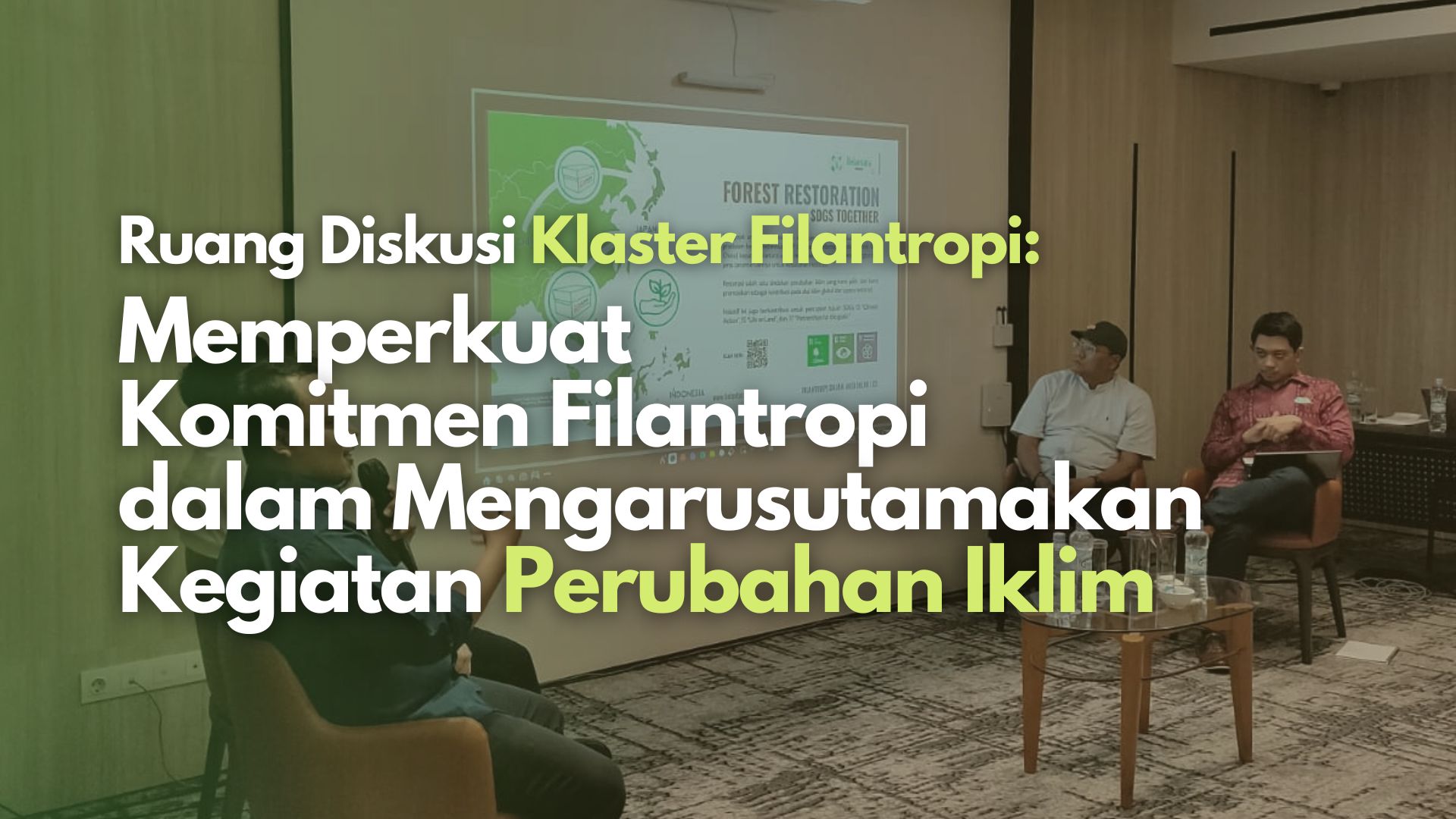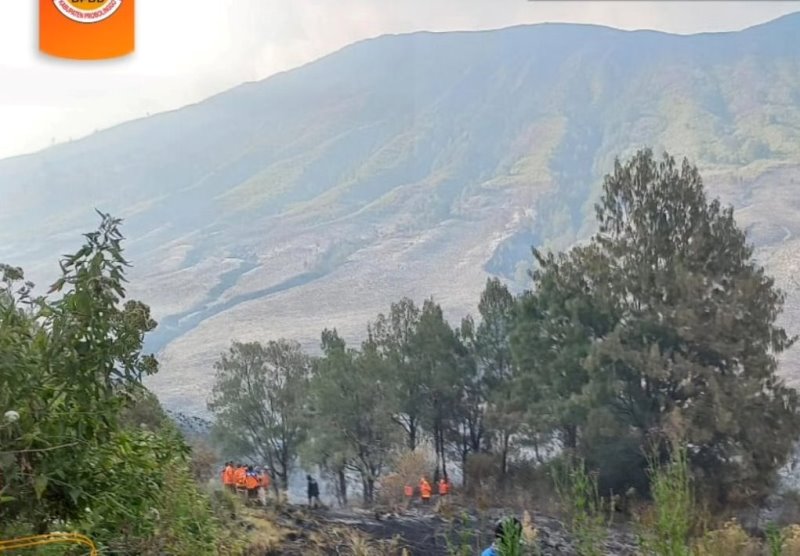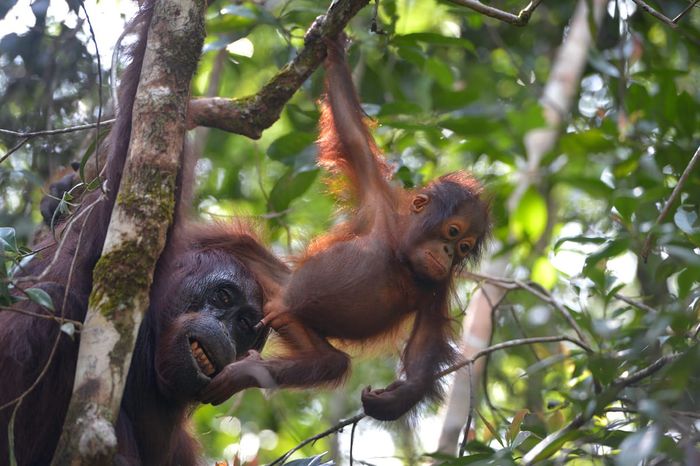Public Lecture: Imbalance Can Damage the Ecosystem
Do you know how and what actions we must take to prevent further damage?
Nowadays, environmental issues very often pop up into our discussions. Many suspect environmental problems occur because of natural factors, such as; climate, rainfall, humidity, air pressure, etc. We must realize that human actions itself are the factors that are significantly influencing the climate and environment. Deforestation by humans causes changes in temperature and rainfall because the more trees being cut down, the more we lose the forest areas.
Last March, the World Meteorological Organization (WMO) stated that the amount of carbon dioxide in the atmosphere is currently at its highest level and will continue to increase. WMO alerted that if appropriate actions are not immediately being taken, the impact of climate change, which will trigger massive flooding, drought, scarcity of food products, and also of forest fires is forecasted to occur in 2040.
Depok, April 04, 2019 - Forum HarimauKita, the Worldwide Conservation Society (WCS), together with Universitas Indonesia's FMIPA (Faculty of Mathematics and Natural Science) held a public lecture at the Universitas Indonesia FMIPA Sinarmas Hall. Two public lectures were held. The first session was "Bottleneck to Breakthrough: Urbanization and Future of Biodiversity Conservation" with Eric W. Sanderson, Ph. D as the speaker; the second session was "What to Do with Tiger in Conflict: Returning Tigers to The Wild" by Dale Q. Miquelle, Ph. D as the speaker.
The public lecture was attended by various participants from students, lecturers, and individuals. Eric W. Sanderson, Ph. D became the first speaker at the public lecture. On this occasion, he gave his opinion on ecosystem imbalances. According to Mr. Eric, the imbalance of harmony between humans and nature is now an important issue as it impacts climate change, which negatively impacts the entire ecosystem. Also, the Human Footprint is also one of the causes of ecosystem imbalance; this is because humans cannot live side by side directly with wild animals.
Mr. Eric also provided some solutions that we can do to overcome these damages: global population stabilization, end of extreme poverty, and a society that decides to improve the environment, not destroy it. These efforts will lead us to a stable global population and help end poverty, which will have a positive impact on overcoming damages to the environment.
The next speaker was Dale Q. Miquelle, Ph. D, a tiger researcher for approximately 25 years. In this session, Mr. Dale recounted his experience in efforts to restore the tigers that the Russian Government rescued several years ago, which had been living in captivity for years, back to their natural habitat (Reintroduction).
A GPS collar technology was used to provide information on the movement and whereabouts of the tigers, making it easier to monitor their conditions after the release. The results of the monitoring can also indicate if the released tigers have adapted well, if they can feed themselves, and if they can survive the winter.
Although the discussion in this second session was not directly related to climate change, we were able to study the actions to restore the environment and the impact of human activities in the past few decades leading to the damaging of ecosystems. Without realizing we have caused harm to other species, tigers are one of them.
The event was held to increase awareness of current environmental issues, especially damages to biodiversity, which causes an imbalance of ecosystems and climate on earth. Also, this seminar also aims to invite us together to start a movement for change in a better direction, now.
The Belantara Foundation was present as one of the participants in the event. The Foundation learned from the experience and research conducted by the speakers in providing solutions to tackle ecosystem imbalances. This public lecture also gives motivation to the Foundation to be able to implement it into our program, especially protection programs for endangered species.















